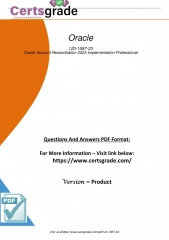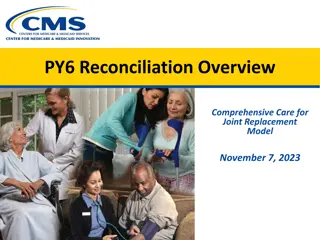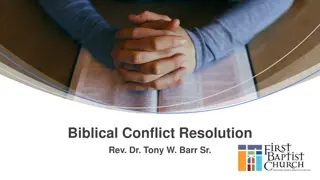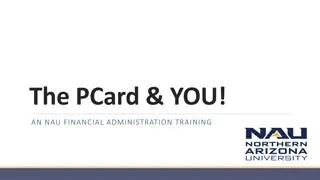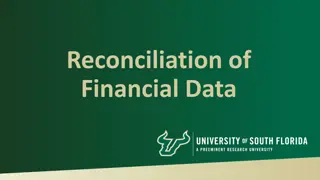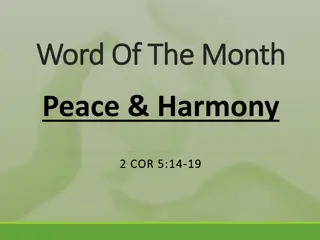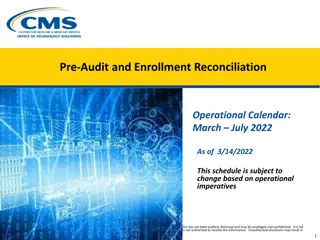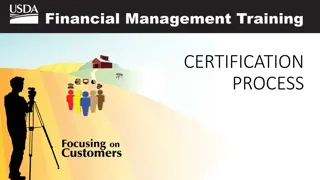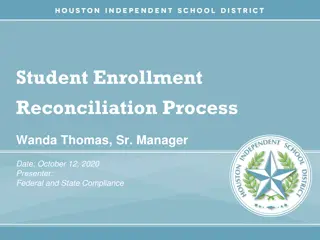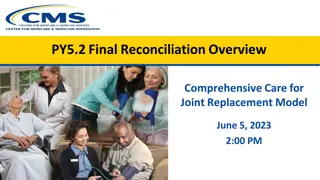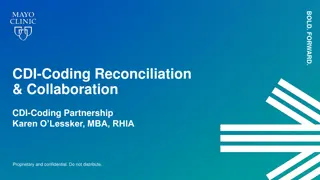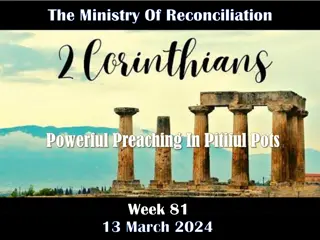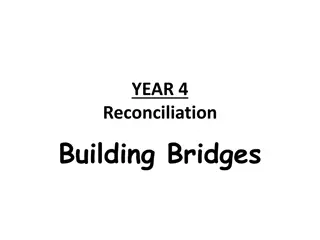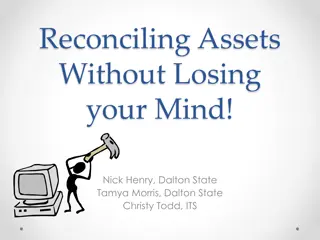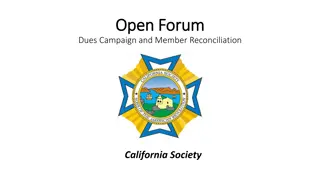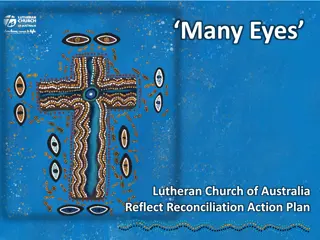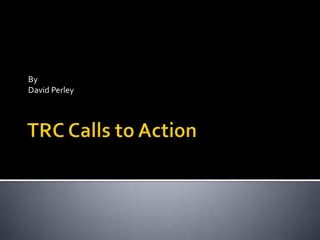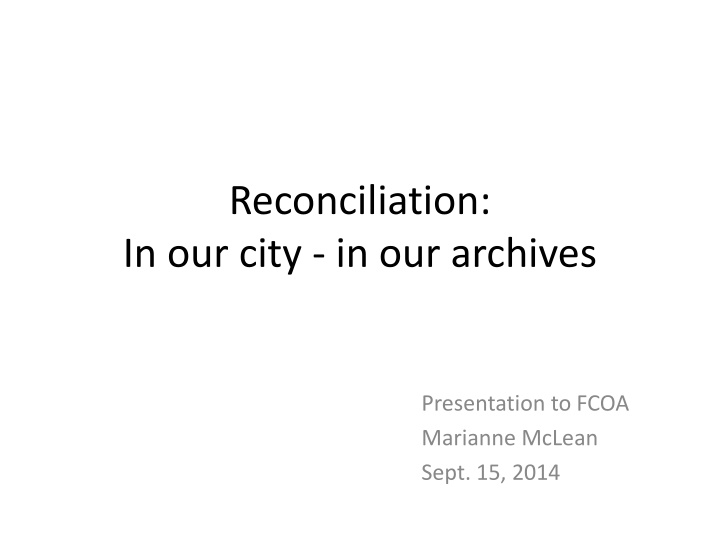
Exploring Reconciliation in Canadian Archives
Delve into the profound impact of the Truth and Reconciliation Commission on Canadian archives, reflecting on the history of residential schools and the path towards reconciliation. Discover the TRC's accomplishments, the need for deep societal change, and the ongoing journey to establish meaningful relationships between indigenous and non-indigenous communities.
Download Presentation

Please find below an Image/Link to download the presentation.
The content on the website is provided AS IS for your information and personal use only. It may not be sold, licensed, or shared on other websites without obtaining consent from the author. If you encounter any issues during the download, it is possible that the publisher has removed the file from their server.
You are allowed to download the files provided on this website for personal or commercial use, subject to the condition that they are used lawfully. All files are the property of their respective owners.
The content on the website is provided AS IS for your information and personal use only. It may not be sold, licensed, or shared on other websites without obtaining consent from the author.
E N D
Presentation Transcript
Reconciliation: In our city - in our archives Presentation to FCOA Marianne McLean Sept. 15, 2014
Introduction I would like to thank Kathy Krywicki and Julie Harris for bringing us together to talk about reconciliation and what means for archives. I acknowledge that the territory we are on is unceded Algonquin territory. Working with the TRC changed me. I am here as a witness to the TRC, hoping to interest you in learning more and in working with aboriginal peoples in our region. 2
As we come to the end of the Truth and Reconciliation Commission, what might the response of all Canadians be? 3
Awareness of the Indian Residential School system We now understand that residential schools sought to implement goals shared by government, churches and many citizens; key elements were Forced acculturation Breaking of family and community influence The effects of the Residential Schools included: Abuse Long term, intensifying personal and community damage 4
What the TRC has accomplished Students, parents, teachers and children have told their own stories. They have been listened to, respected, and believed. Many stories are recorded; related archival records have been collected Movement towards healing of individuals, families, communities Greater knowledge in Canadian community, and tentative steps towards reconciliation 5
The TRC has shown that we have done great harm to indigenous Canadians with relations based on colonialism and a dismissal of indigenous cultures. What is the true response to such evil outcomes: 6
Without deep and pervasive change, reconciliation will be hollow. Our response must be to build right relations between indigenous and non-indigenous people in Canada. There are many examples of reconciliation activities, but reconciliation is not yet seen as the on-going work of many people. 7
Reconciliation Reconciliation would mean right relations Within aboriginal communities Between aboriginal peoples and Canadians At a national and at provincial levels: treaties and their implementation, redress of illegal acts, appropriate policy directions, acting on a two-way cultural understanding At national, provincial and community levels: building relationships, respecting cultural and community differences, new practices in law, medicine, education, archives At a individual level: Learning and contributing 8
What do archives have to do with Reconciliation? Archives may be a site (physical or conceptual) for respectful sharing of traditions Archivists and indigenous knowledge keepers have similar interests in preserving knowledge from the past for the use of future generations Archives have records, knowledge and skills that are of interest to aboriginal peoples 9
Where should we begin? There are two, equally valid systems of knowing about the past in Canada: Based on European culture and governance, Canadian archives (including the City of Ottawa Archives, Library and Archives Canada, Oblate Archives and others) preserve written, visual and recorded materials. Aboriginal cultures have different systems of preserving information and culture (e.g. pictographs, wampum, people, and the land) with their own protocols for accessing this knowledge, including gender, functional and family roles. 10
Its about change The apology made by the Government of Canada and the truth telling of the TRC should be a clarion call to all of us. Archivists, and archives users and supporters, should commit to be agents of reconciliation and to build new relations with our indigenous neighbours. We can begin by: Building long-term relationships with indigenous communities in our midst 11
What might reconciliation look like for archives professionals? Learning about the values, ways of knowing and social practices of the indigenous communities around us. Working with elders and knowledge keepers to provide culturally appropriate care and access to records created by or about in their communities Supporting the efforts of communities to care for their records in culturally appropriate ways There are archives who have pioneered in this work and can serve as models 12
How might our archiving practice change? With respect and flexibility, we should offer service to indigenous communities to assist in achieving their archive goals. Our understanding of what is a record and how it should be protected and used will shift. Relationships create the possibility of working with indigenous communities and cultural professionals to interpret our professional concepts and processes in new ways. 13
So what, then, is reconciliation and archives about: New Story Work for Canada Marlene Atleo described the TRC as beginning new story work for Canada. What does that mean? If indigenous and non-indigenous peoples are truly reconciled, then we will over the course of generations begin telling and begin living new stories. Stories that explain our pasts in new ways Stories that reflect new ways in which we live in Turtle Island Archives are essential for such story work. Let our city and our archives embark on that work. 14

